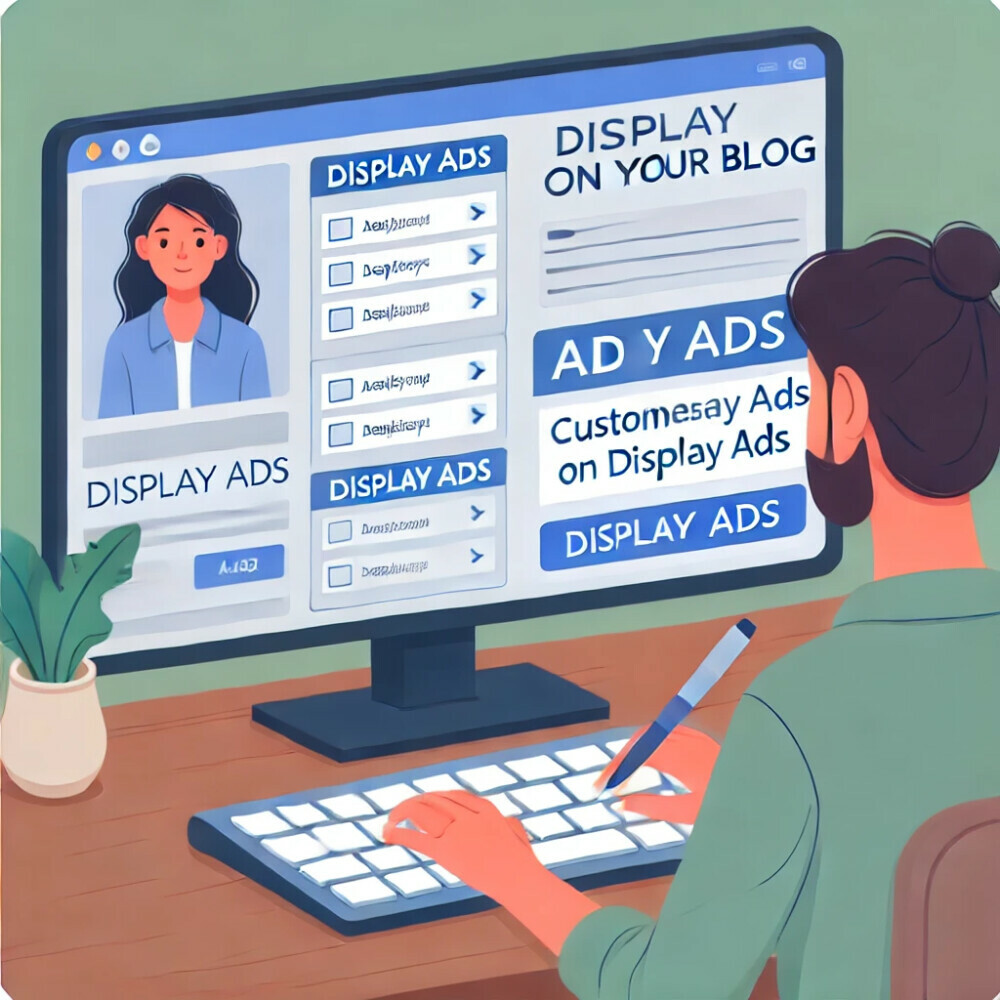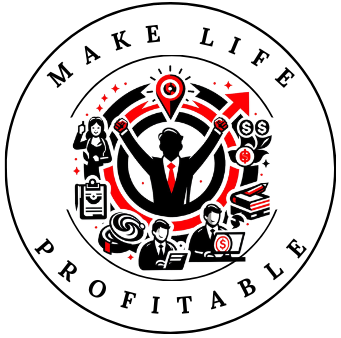
Hey there, fellow bloggers! Today, I want to explore the fascinating world of blog monetization. Trust me, it’s a landscape filled with endless opportunities to turn your passion into profit. Whether you’re just starting out or looking to diversify your income streams, there’s something here for everyone. So, let’s get into it!
Affiliate Marketing: Partnering for Profits
Affiliate marketing is a fantastic way to monetize your blog. Essentially, you partner with companies to promote their products or services, and you earn a commission for every sale made through your unique affiliate link. It’s a win-win situation! For instance, if you’re a tech blogger, you can join affiliate programs from companies like Amazon, Best Buy, or even software providers. When you write a review or a tutorial, you include your affiliate links. If your readers buy through those links, you earn a commission.
One great example is the Amazon Associates program. It’s user-friendly and covers a wide range of products, making it suitable for almost any niche. Alternatively, if your blog focuses on digital products, consider programs like ShareASale or CJ Affiliate. These platforms offer a plethora of digital goods, from software to online courses, which can align perfectly with your content.
 Wealthy Affiliate, which is the platform that I use to write and host my blogs, even makes finding affiliate programs easy. Their training program makes everything easier, even writing your post through the help of AI.
Wealthy Affiliate, which is the platform that I use to write and host my blogs, even makes finding affiliate programs easy. Their training program makes everything easier, even writing your post through the help of AI.
Display Advertising: Earning with Views

Another popular way to monetize your blog is through display advertising. This involves placing ads on your blog, and you earn money based on the number of views or clicks these ads receive. Google AdSense is a go-to choice for many bloggers because it’s easy to set up and doesn’t require much maintenance. You simply sign up, get approved, and place the ad codes on your blog. The downside is that you need a decent amount of traffic to see significant earnings.
This truly is a simple way to set up your website with display ads. Once you put in the link, Google Adsense takes if from there. Using a form of AI, Google can determine what ads to place on your site based on the preferences of your blog post visitors.
For those with a sizable audience, media networks like Mediavine or AdThrive can be more lucrative. They offer higher payouts compared to AdSense but have stricter eligibility requirements. So, if you have good traffic numbers, it’s definitely worth considering.
Sponsored Content: Partnering with Brands

Sponsored content is another excellent revenue stream. Brands pay you to write posts that promote their products or services. This can be particularly lucrative if you have a strong, engaged audience. For example, if you run a food blog, a kitchen gadget company might pay you to write a review or a recipe featuring their product.
When going this route, it’s crucial to be transparent with your readers about sponsored content. Authenticity is key in maintaining trust and credibility with your audience. Platforms like IZEA or TapInfluence can connect you with brands looking for sponsored content opportunities.
Selling Digital Products: Creating Value for Your Audience
Creating and selling your own digital products can be highly profitable. Think e-books, online courses, printables, or even exclusive membership content. If you have expertise in a particular area, why not package it into a product your audience can purchase? For instance, a fitness blogger could create an online course on home workouts or a nutrition guide.
Platforms like Teachable for courses or Gumroad for e-books make it easy to set up and sell digital products. The best part? You keep most of the revenue, unlike affiliate marketing or ad networks where you only get a percentage.
Offering Services: Monetizing Your Skills

Lastly, don’t overlook the potential of offering your services. Many bloggers monetize by offering consulting, coaching, or freelance services related to their niche. If you’re a finance blogger, for example, you could offer budgeting consultations or financial planning services. This not only adds a revenue stream but also positions you as an expert in your field.
Wrapping It Up
The blog monetization landscape is rich with opportunities, but the key is to find what works best for your blog’s niche and audience. Whether it’s through affiliate marketing, display ads, sponsored content, selling digital products, or offering services, each method has its own set of benefits and challenges. The best approach is often a combination of these strategies, tailored to your unique situation.
Happy blogging, and here’s to turning your passion into profit!

